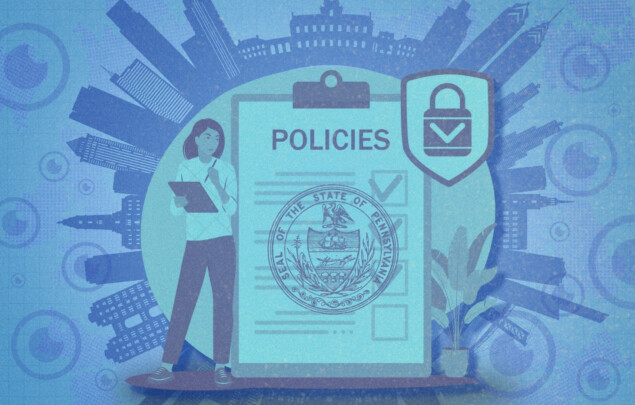Texas is taking a major step to boost the privacy of its residents through the Texas Data Privacy and Security Act (TDPSA) enters into force on July 1, 2024.
This law not only addresses current data privacy issues but also establishes a robust framework that other states can follow. However, specific provisions related to consumers’ universal opt-out mechanisms do not go into effect until January 1, 2025.
Exploring TDPSA
Exploring TDPSA reveals a legislative framework designed to redefine data protection in Texas. It’s important to know the vision behind TDPSA—a commitment to strengthening digital privacy.
- Inclusive Coverage: TDPSA extends its coverage to Texas residents, both as individuals and within a household context. Notably, those operating in a commercial or employment context aren’t categorized as “consumers” under Section 541.001 Part (7) of the law.
- Mandated Data Collection Practices: Entities under TDPSA are mandated to collect personal data from consumers only when reasonably necessary and proportionate to the stated processing purposes. The details of data collection must be transparently provided to the consumer.
To ensure compliance with TDPSA, businesses must adhere to specific requirements concerning the collection, processing, and use of personal data from Texas consumers. Here are some of the key components:
- Data Controllers and Transparency: According to Section 541.101, transparency stands as a primary duty for data controllers under TDPSA. Controllers must limit data collection to what is adequate, relevant, and reasonably necessary for the disclosed processing purpose unless explicit customer consent is obtained.
- Data Security Standards: TDPSA mandates data controllers to establish and maintain reasonable administrative, technical, and physical data security practices. These practices should align with the volume and nature of the personal data in question (Section 541.101 Part (a)(2)). Failure to protect personal information may hold controllers financially accountable for cybercrimes and unauthorized breaches.
- Consent Requirements: Under TDPSA, user consent is necessary under specific circumstances. Legal guardian consent is required for processing personal data about a child under thirteen. Consent is also essential when processing personal data for purposes beyond “reasonably necessary” or “compatible with the disclosed purposes” for initial processing. Additionally, user consent is mandatory for processing sensitive personal data.
Understanding and adhering to these TDPSA requirements is crucial for businesses to navigate the legal landscape effectively, emphasizing the commitment to transparency, security, and consumer empowerment.
Key Provisions
- Wide Applicability: Unlike other states that consider revenue and data volume thresholds, TDPSA applies to almost anyone conducting business or offering products/services consumed by Texans, involving the processing or sale of personal data.
- Inclusive Definition of Personal Data: TDPSA stands out by including pseudonymous data in its definition of personal data, especially when combined with other information linking it to an identifiable individual.
- Ban on Dark Patterns: Following the privacy laws of California, Connecticut, and Colorado, TDPSA prohibits the use of dark patterns—user interfaces designed to undermine user autonomy.
- Small Business Exemption (Mostly): Small businesses are exempt, except when selling sensitive data, requiring them to secure consumer consent beforehand.
- Specific Privacy Policy Disclosures: Controllers selling sensitive or biometric data must incorporate precise disclosures verbatim into their privacy notices.
- Data Protection Assessments (DPAs): The law mandates controllers to conduct DPAs for specific processing activities. Controllers must consider factors that weigh the benefits against the risks of the activity.
These provisions highlight the unique aspects of TDPSA, its impact on businesses of different sizes, and its alignment with evolving privacy standards observed in other states.
Industry Perspectives and Practices
- Educating Consumers for Empowerment: Industry experts stress the importance of transparent communication. Educating consumers about data practices not only complies with TDPSA but also builds trust. Informed consumers are more likely to engage positively with businesses that prioritize their privacy.
- Internal Policies as a Shield: Establishing robust internal data protection policies and investing in regular employee training is crucial for compliance. Well-informed staff members are the first line of defense against potential data breaches.
- Mitigating Third-Party Risks: As businesses increasingly rely on third-party service providers, managing the associated risks is paramount. Contracts should include clauses mandating TDPSA compliance, ensuring that partners adhere to the same stringent standards.
Wrapping Up
TDPSA signifies a significant milestone in Texas’s commitment to data privacy. By strengthening consumers and setting strict business guidelines, the Lone Star State is not just protecting data but also influencing the future of digital privacy. In the evolving technological landscape, TDPSA serves as a guide, steering the nation toward a safer and more respectful digital environment.

